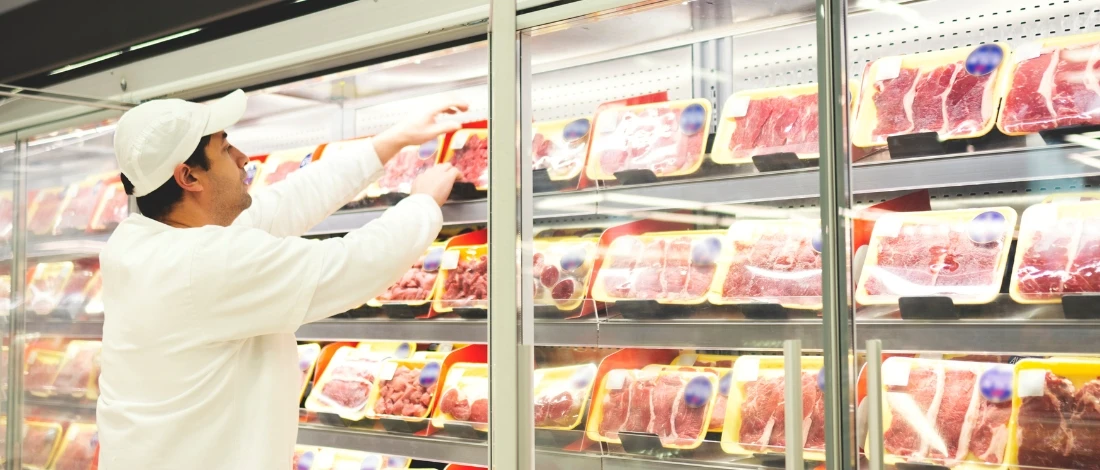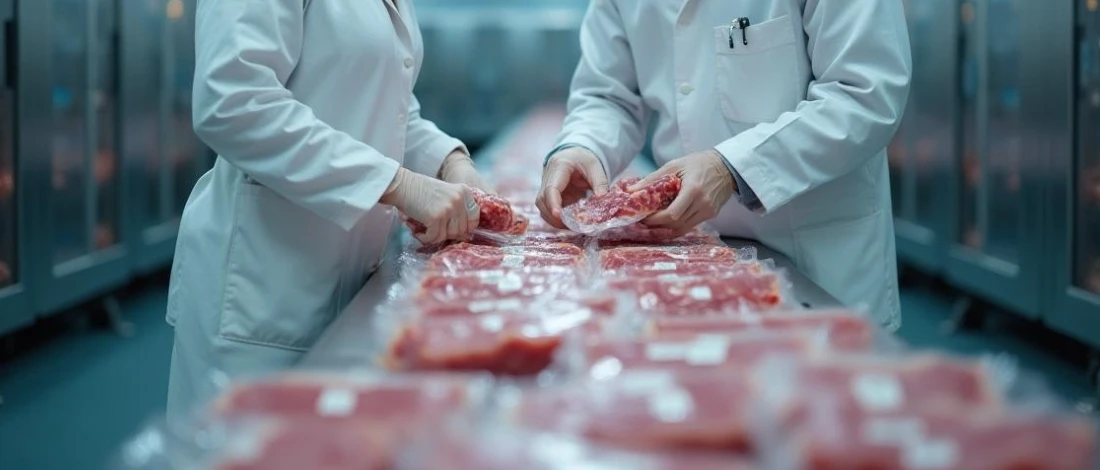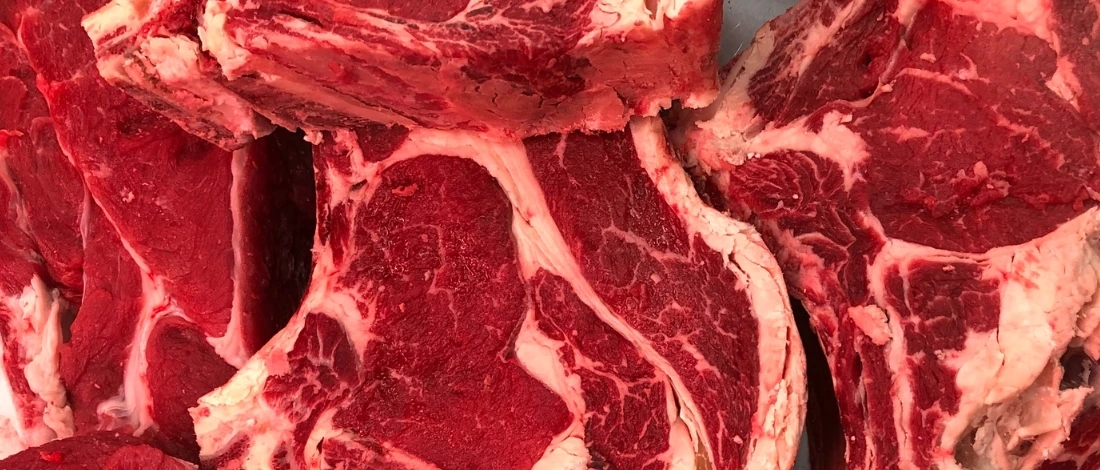As plant-based meat brands like Impossible Foods and Beyond Meat ride the wave of popularity, environmental scientists are raising an eyebrow.
While pitched as eco-conscious solutions, these meatless marvels may carry a heavier environmental toll than expected—mainly due to how processed they are.
“You look at the ingredient list—there are 30 or more items, many processed globally,” said Ashley Case, an environmental science lecturer at UNC Asheville.
Her concern? The fossil fuel footprint required to manufacture these products may outweigh the emissions from traditional meat. “They’re astronomically larger than a lot of meat products,” she added.
Case’s colleague, Casey King, sees the innovation behind plant-based meats as exciting but complicated.
While she initially supported the movement for ethical reasons, she’s now questioning whether these products genuinely curb greenhouse gas emissions. “If you add up everything that goes into the processing, is this really less?” she asked.
Surveys suggest Millennials and Gen Z are at the forefront of this trend. A 2019 Faunalytics report revealed that half of Gen Z consumes plant-based meat monthly, often believing it’s better for the planet.
Yet, a 2020 study by Cambridge University Press warns that processed vegetarian foods—though popular—can be high in fat, sugar, and salt, often undermining both health and environmental goals.
There’s also the issue of perception. “Food is cultural,” said Case. “Culture changes quickly.” But with that shift, comes marketing muscle.
Case noted that celebrity influencers play a big part in normalizing these products, often without full awareness of their nutritional or environmental trade-offs. “They don’t have your health in mind—they’re paid to sell.”
Chris Paul’s endorsement of Beyond Meat is just one high-profile example. But flashy ads can’t obscure the reality: processing makes plant-based burgers more resource-intensive.
The National Library of Medicine flags that these ultra-processed alternatives may have a more pronounced environmental impact than traditional vegetarian staples like tofu or tempeh.
Still, experts like King acknowledge the convenience appeal. Fast food chains serve millions, and if they swap beef for plant-based patties, the impact could scale quickly.
But King is cautious. “There’s no perfect solution,” she said. “But at least it’s reaching people who wouldn’t touch tofu.”
UNCA psychology student Margaux Reifman echoed the disillusionment. “It’s disappointing, but not surprising,” she said, reflecting on how her initial hopes for sustainable alternatives dimmed when she learned how resource-heavy they can be.
In the end, the road to sustainable eating may not be paved with faux beef. “You can be a vegetarian in a way that’s friendly to the Earth and your body,” Case said. “But it takes more than swapping burgers—it takes thinking beyond the hype.”
You May Also Like: JBS Approved for NYSE Listing Amid Scrutiny Over Ties to Trump and Environmental Fallout






